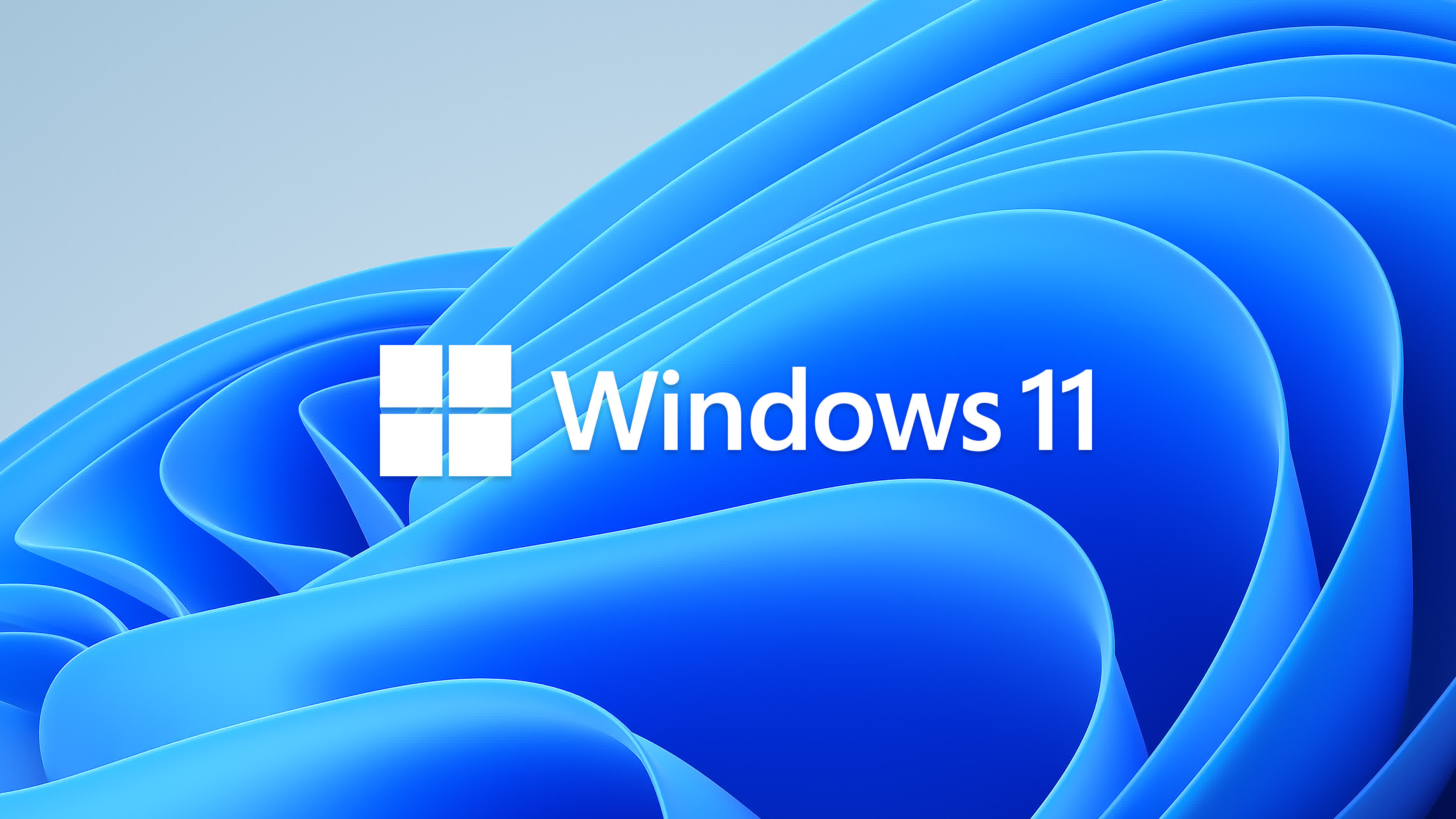Bottom line: Following the release of the first Windows 11 Insider Build, Microsoft has now come forward with the guiding principles it says were used to craft the minimum system requirements for Windows 11. While most of the highlights aren't unexpected, there is some good news for older PCs, specifically ones running Intel's Kaby Lake or AMD Zen 1 chips. Oh, and Microsoft's official PC Health Check tool that felt unfinished and caused even more confusion? That's going away temporarily until a better version comes out alongside Windows 11's general release this fall.

Windows 11 has a lot going on for it on the software side: Native Android support with sideloading, a revamped store, better multitasking, new Start button and menus. However, Microsoft's rather stringent hardware requirements for its next-gen OS were arguably more surprising (and confusing) as they left a big chunk of users behind on Windows 10 and older versions, thanks mostly to TPM.
With the first Windows 11 Preview released to Insiders, it now looks like Microsoft could expand the list of officially supported CPUs for Windows 11 by adding another (older) generation of Intel and AMD chips. Currently, that baseline is Intel's 8th-gen Coffee Lake and AMD's Zen 2 chips.

In a blog post highlighting the security, reliability and compatibility principles that led to Windows 11's minimum PC requirements, Microsoft notes that it will "test to identify devices running on Intel 7th generation and AMD Zen 1" with Insiders and OEMs. If these CPUs perform acceptably during the testing phase, expect them to appear on the officially supported h/w list.
Microsoft plans to share the results of its testing over time. Additionally, the company says it's pulling the PC Health Check App after acknowledging that the tool was "not fully prepared to share the level of detail or accuracy" that Windows 10 users were expecting. Hopefully, it'll have something on par with WhyNotWindows11 by the time a revised version of the official app is released alongside Windows 11 later this year.
https://www.techspot.com/news/90231-microsoft-may-tweak-windows-11-minimum-requirements-include.html